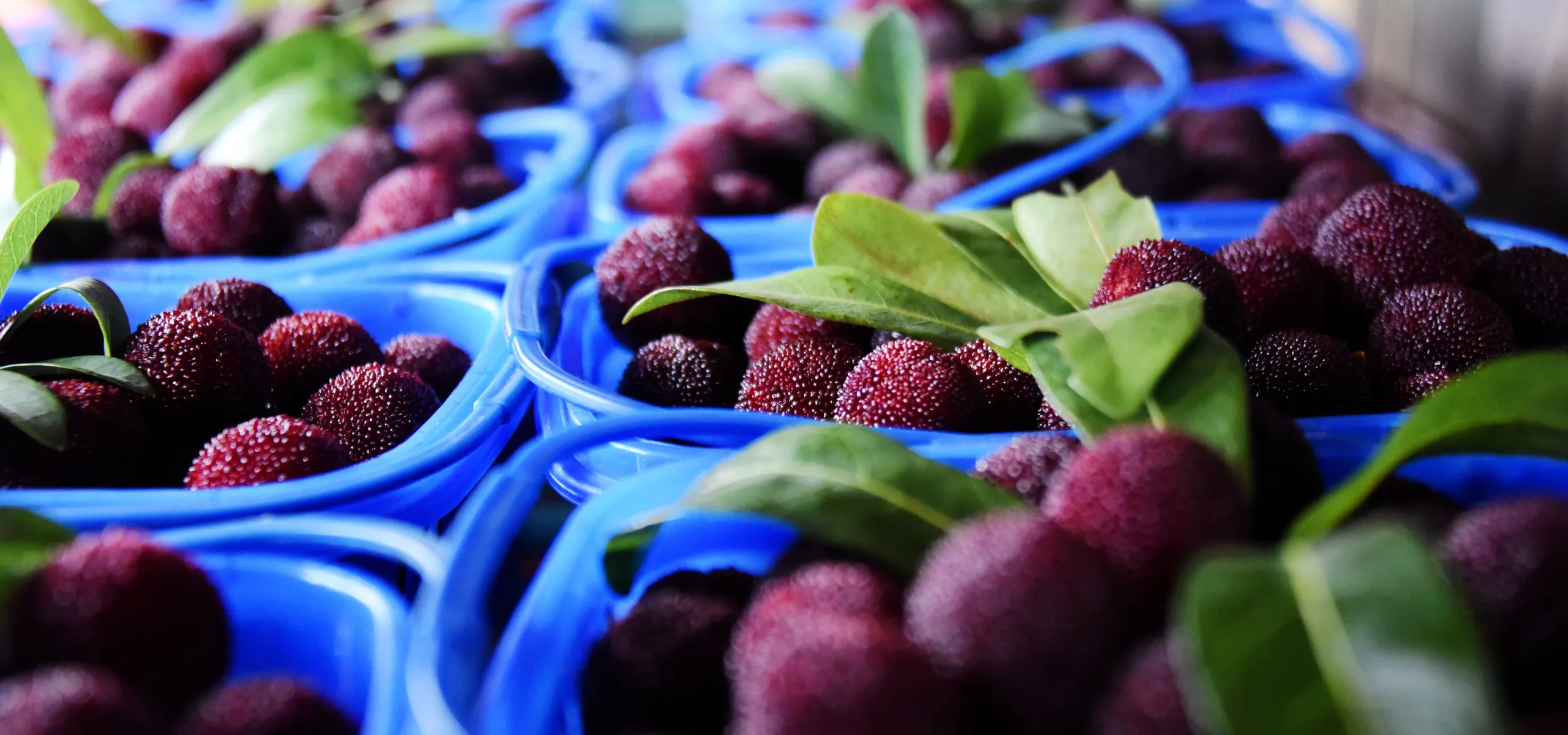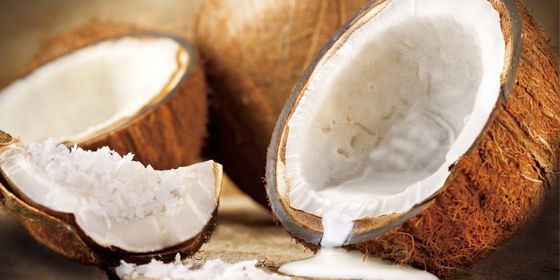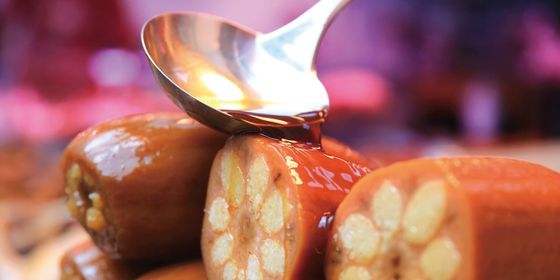How an ancient fruit has had mouths watering for millennia, and even inspired soldiers in war
In the summer months, yangmei (杨梅, Chinese bayberry) is a guilty pleasure in southern China. Find a shaded spot to enjoy a basket of the succulent berries, freshly picked beneath a cover of leaves, and toss a few into your mouth, letting the sweet and sour juices explode. Just be warned that you may be caught red-handed, as the fruit’s rich juices dye the skin a purplish color: Your “yangmei fingers” are a dead giveaway of your sinful snack.
Even the soldiers of ancient China could not resist the temptation of yangmei. In the Eastern Han dynasty (25 – 220), the military strategist Cao Cao (曹操) was leading an expedition against Zhang Xiu (张绣), another warlord, during which his troops struggled to find water. When the thirsty soldiers became increasingly disheartened, Cao Cao gestured before them, “There is a large yangmei forest ahead, with many sweet and sour plums to quench your thirst.” Just by imagining the tasty yangmei, the soldiers’ mouths filled with saliva, staving off their thirst until they reached fresh water.
Yangmei, an indigenous Chinese fruit growing in the south of the Yangtze River basin, is known as the “agate of fruits.” Even the Song dynasty (960 – 1279) poet and foodie Su Dongpo (苏东坡) who was known to “indulge in more than 300 lychees a day (日啖荔枝三百颗)” became a convert after tasting these delicacies, declaring that “lychees from Minguang cannot compare with yangmei from Wuyue (闽广荔枝, 未若吴越杨梅).”
While Wuyue refers to today’s Zhejiang province, the history of yangmei can be traced back to the Neolithic Hemudu cultural site in Yuyao, Zhejiang, where yangmei pollen was found, indicating that these fruits were growing in the area more than 7,000 years ago. In Yuyao today, there are still large forests of ancient yangmei trees, each between 120 and 150 years old.













